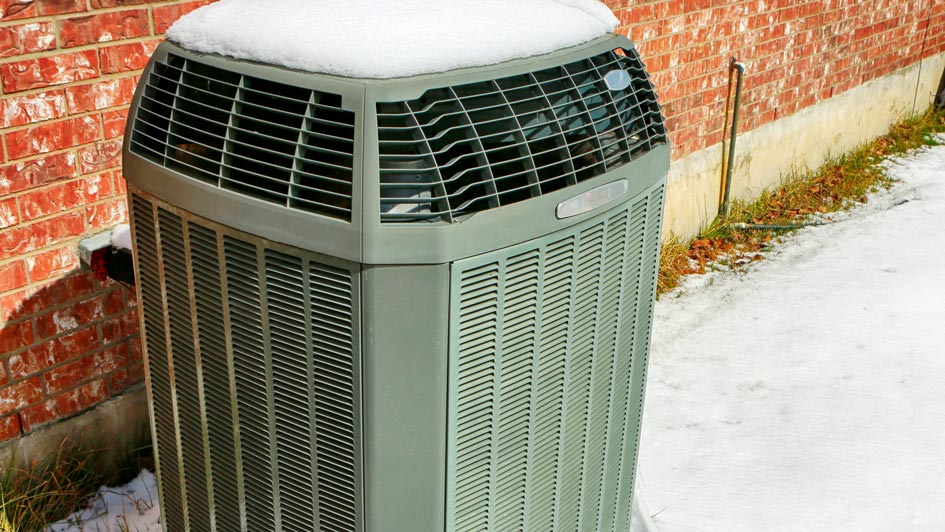
Amid the complexities of HVAC maintenance, few components play a more crucial role than the humble air filter. Often overlooked, these unassuming filters are the unsung heroes of indoor air quality and AC system efficiency. In this blog post, we aim to shine a spotlight on the often-underestimated impact of dirty air filters, exploring how neglecting this simple component can lead to a domino effect of consequences on your AC system’s performance.
Restricted Airflow
One of the primary functions of an air filter is to trap dust, debris, and other airborne particles. However, as these particles accumulate over time, the filter becomes clogged, impeding the free flow of air. Restricted airflow forces your AC system to work harder, leading to increased energy consumption and reduced overall efficiency.
Reduced Cooling Capacity
A clogged air filter hampers your AC’s ability to cool your home effectively. As airflow is restricted, the system struggles to circulate enough conditioned air to maintain the desired temperature. The result is a decrease in cooling capacity, leaving you with less comfort and higher energy bills.
Strain on System Components
Forced to compensate for restricted airflow, your AC system’s components, including the blower motor and compressor, bear the brunt of increased strain. Over time, this strain can lead to premature wear and tear, potentially resulting in costly repairs or the need for component replacements.
Higher Energy Bills
A direct consequence of reduced efficiency and increased strain is higher energy consumption. When your AC system operates inefficiently, it requires more energy to achieve the same level of cooling. Neglecting air filter maintenance can lead to a spike in your energy bills, impacting your household budget over the long run.
Shortened Lifespan of Your AC Unit
The cumulative effects of restricted airflow, increased strain, and reduced cooling capacity contribute to a shortened lifespan for your AC unit. An overworked system is more prone to breakdowns and may require premature replacement, a significant investment that could have been avoided through regular air filter maintenance.
Poor Indoor Air Quality
Beyond the consequences for your AC system, a dirty air filter directly affects indoor air quality. A clogged filter allows dust, allergens, and other particles to circulate freely throughout your home. This compromised air quality can exacerbate respiratory issues and negatively impact the health and well-being of your household.
Ice Formation on Evaporator Coils
In extreme cases, a severely clogged air filter can cause the evaporator coils to freeze. Reduced airflow prevents adequate heat exchange, leading to the formation of ice on the coils. This not only impairs the cooling process but can also cause irreparable damage to the coils and other system components.
Increased Frequency of Repairs
An overworked AC system is more susceptible to malfunctions and breakdowns. Neglected air filters contribute to this increased vulnerability, resulting in a higher frequency of repairs. Regular air filter maintenance serves as a simple yet effective strategy to minimize the need for costly and inconvenient repairs.
Inconsistent Temperature Control
A dirty air filter disrupts the balance of conditioned air throughout your home, leading to inconsistent temperature control. Some rooms may feel warmer than others, creating discomfort and requiring your AC system to work harder to achieve a uniform temperature.
Environmental Impact
Higher energy consumption not only affects your wallet but also has environmental implications. Increased energy usage contributes to a higher carbon footprint, aligning with sustainable practices by regularly replacing or cleaning air filters reduces energy consumption and promotes eco-friendly HVAC operation.
Conclusion
The impact of neglected air filters on your AC system’s performance is far-reaching and often underestimated. Regular air filter maintenance is a simple yet effective measure to ensure optimal efficiency, extend the lifespan of your AC unit, and promote a healthy indoor environment. By recognizing the significance of this often-overlooked component, homeowners can enjoy consistent comfort, lower energy bills, and a more sustainable approach to HVAC operation.